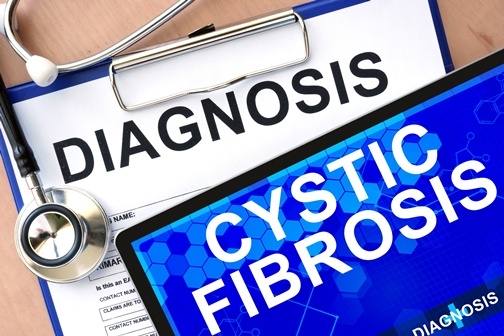
Reid D’Amico, a researcher in the field of biomedical engineering, has written an article describing how Mesenchymal Stem Cell Therapy reduces inflammation in cystic fibrosis.
MSCs are often thought of as being one of the most versatile stem cells, capable of forming many types of cells. That is why it is frequently mentioned when discussing regenerative medicine and organ growth. Mr D’Amico notes that this type of stem cell can also play a very important role in treating inflammation from life-threatening diseases like cystic fibrosis.
Cystic fibrosis is a rare hereditary disorder that affects the exocrine glands. It leads to excess production of unusually thick mucus that can block the intestines, bronchi and pancreatic ducts. The mucus can also lead to respiratory infection. Cystic fibrosis creates inflammation of the pulmonary system.
Mesenchymal Stem Cells are a multipotent stem cell (capable of changing into many types of cells) that is capable of self-renewal. Researchers have discovered that MSCs can differentiate into many types of cells including osteoblasts (bone cells), chondrocytes (cartilage cells), myocytes (muscle cells) and adipocytes (fat cells).
MSCs can also inhibit inflammation by suppressing certain chemicals and cells in the immune system. By reducing the amount of inflammation experienced by people with certain medical conditions, organs may be protected from damage and scarring.
Cystic fibrosis patients see inflammation and damage to a number of their organs including the lungs, liver and pancreas. Research is ongoing into MSCs and their inflammation reducing capacity, but early findings are very promising. While these stem cells might not lead to a cure for cystic fibrosis, MSCs may dramatically improve the life expectancy of people with the condition.
Source: Mesenchymal Stem Cell Therapy Could Reduce Damaging Inflammation in Cystic Fibrosis
{{cta(‘3fe0aac7-7562-46dc-b8b9-c706d9cfd6b1’)}}
{{cta(‘fec594e9-5433-4350-9180-2bdd371eb399’)}}


